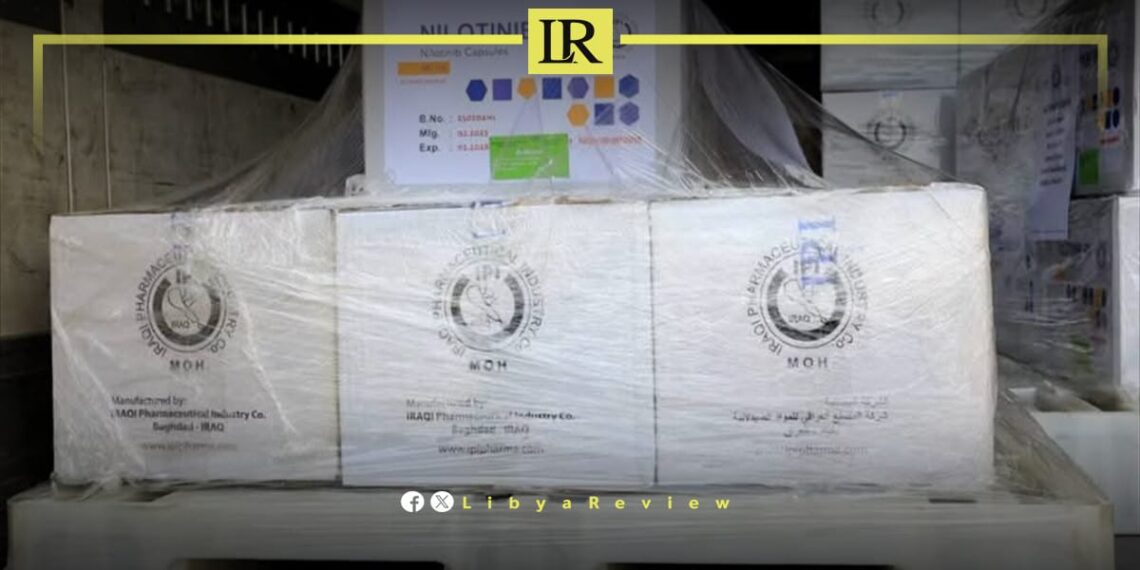Iraq’s Ministry of Health recently announced the export of its first shipment of cancer treatment drugs to Libya, in cooperation with Iraqi Airways. The move was promoted as part of regional cooperation and pharmaceutical security.
Iraq’s Ambassador to Libya, Ahmed Al-Sahhaf, confirmed the delivery of the locally manufactured drugs to Libyan territory. However, this was swiftly denied by Libya’s National Cancer Control Authority.
Dr Haider Al-Sayah, head of the authority, insisted that Libya had not imported any cancer medication from Iraq or other Arab or Asian countries. He stressed that only American and European sources were used for oncology treatments, warning that unauthorised drug imports were outside the agency’s oversight and responsibility.
But in a significant development on Tuesday, the Ministry of Health in Libya’s Government of National Unity held a press conference confirming that it had imported the shipment. The ministry stated that the drug met safety standards and that the Iraqi manufacturer has been registered with the ministry for several years.
According to the ministry, an official delegation had visited the Iraqi facility and verified production standards before finalising the deal. The ministry described early criticism of the shipment as “premature judgement.”
The conflicting statements have stirred confusion and public concern, especially in a country with a history of counterfeit or substandard medications entering the market. Past incidents involving unregulated drugs from countries such as India, Turkey, and Malta have led to serious health complications.
As the controversy unfolds, the call for transparency and tighter pharmaceutical regulation in Libya grows louder. The issue underscores persistent weaknesses in Libya’s medical import system and highlights the urgent need for unified oversight to ensure drug safety.


